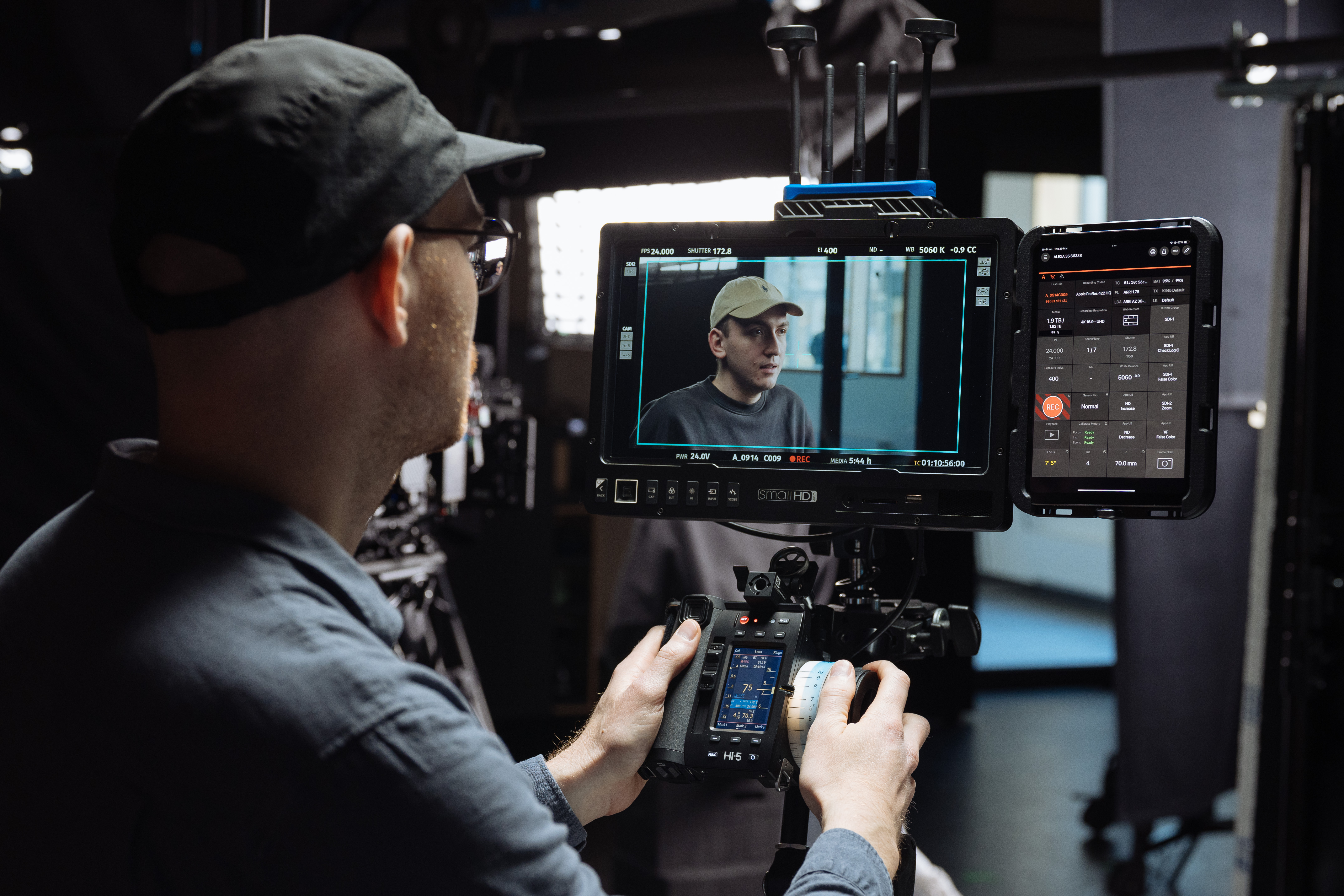Survey: Most Content Creators Don’t Check Facts, But They’d Like To Learn How
UNESCO launches a new course to train people in fact-checking as a way to combat misinformation

PARIS—As concerns grow about the spread of misinformation online and on social media, a new survey from UNESCO presents a mixed picture of the problem. While many content creators (62% of those surveyed) reported they didn't bother to check facts before sharing content, an even larger number of people (73%) indicated that they would like to be trained in fact-checking techniques.
UNESCO, the scientific and cultural arm of the United Nations, released the survey results as it launched what it is billing as “the very first global course to address” this issue. More than 9,000 participants from 160 countries have already registered to participate.
“Digital content creators have acquired an important place in the information ecosystem, engaging millions of people with cultural, social or political news,” UNESCO Director-General Audrey Auzolay said. “But many are struggling in the face of disinformation and online hate speech and calling for more training. As part of its mandate for media and information literacy, UNESCO will support them through the first-ever global training course.”
The new UNESCO “Behind the Screens” survey is a major global analysis of digital content creators’ motivations and practices, as well as the challenges they face. It involved 500 influencers in 45 countries, with the expertise of a dedicated research team at Bowling Green State University in Bowling Green, Ohio.
In addition to demonstrating that fact-checking is not the norm, the survey finds that content creators have difficulty determining the best criteria for assessing the credibility of information they find online. Forty-two percent of respondents said they used “the number of ‘likes’ and ‘shares’ a post had received” on social media as the main indicator. Twenty-one percent of respondents said they were happy to share content with their audiences if it had been shared with them “by friends they trusted,” and 19% said they relied “on the reputation” of the original author or publisher of content, the survey found.
The researchers noted that journalists could be a valuable aid for digital content creators in verifying reliable information. However, links and cooperation are still rare between these two communities. Mainstream news media is only the third most-common source (36.9%) for content creators, after their own experience and their own research and interviews.
The survey also revealed most digital content creators (59%) were either unfamiliar with or had only heard of regulatory frameworks and international standards relating to digital communications. Only slightly more than half of the respondents (56.4%) were aware of training programs addressed to them, and just 13.9% of those who were aware of these programs took part in them.
Get the TV Tech Newsletter
The professional video industry's #1 source for news, trends and product and tech information. Sign up below.
This gap can put digital content creators in legal uncertainty, exposing them to prosecution and conviction in some countries, the researchers said.
It also prevents digital creators from asserting their rights when they find they are the victims of restricted content online. For example, about a third (32.3%) of digital content creators reported being targeted with hate speech. But only 20.4% reported their case to the social media platform.
To address the problem and satisfy the demand for better training that many content creators wanted, UNESCO and the Knight Center for Journalism in the Americas (USA) partnered to develop the first monthlong global course. It aims to empower content creators to address disinformation and hate speech and provide a solid grounding in global human rights standards for both freedom of expression and information. The content was produced by media and information literacy experts in close collaboration with leading influencers around the world to directly address the reality of situations experienced by content creators, UNESCO reported.
The course just started and runs for four weeks; more than 9,000 people from 160 countries enrolled and are currently taking it. They will learn how to:
- Source information using a diverse range of sources,
- Assess and verify the quality of information,
- Be transparent about the sources which inspire their content,
- Identify, debunk and report misinformation, disinformation and hate speech; collaborate with journalists and traditional media to amplify fact-based information.
Once the course is completed, UNESCO said it would continue working with participants to share good practices, promote information integrity on a large-scale basis and raise awareness among their peers.
UNESCO published its first guidelines for governing digital platforms in 2023, meant to help governments and regulators address the growing pollution of the global information ecosystem. It also works to support independent journalism while empowering people with media and information literacy skills so they can recognize reliable information.
George Winslow is the senior content producer for TV Tech. He has written about the television, media and technology industries for nearly 30 years for such publications as Broadcasting & Cable, Multichannel News and TV Tech. Over the years, he has edited a number of magazines, including Multichannel News International and World Screen, and moderated panels at such major industry events as NAB and MIP TV. He has published two books and dozens of encyclopedia articles on such subjects as the media, New York City history and economics.

